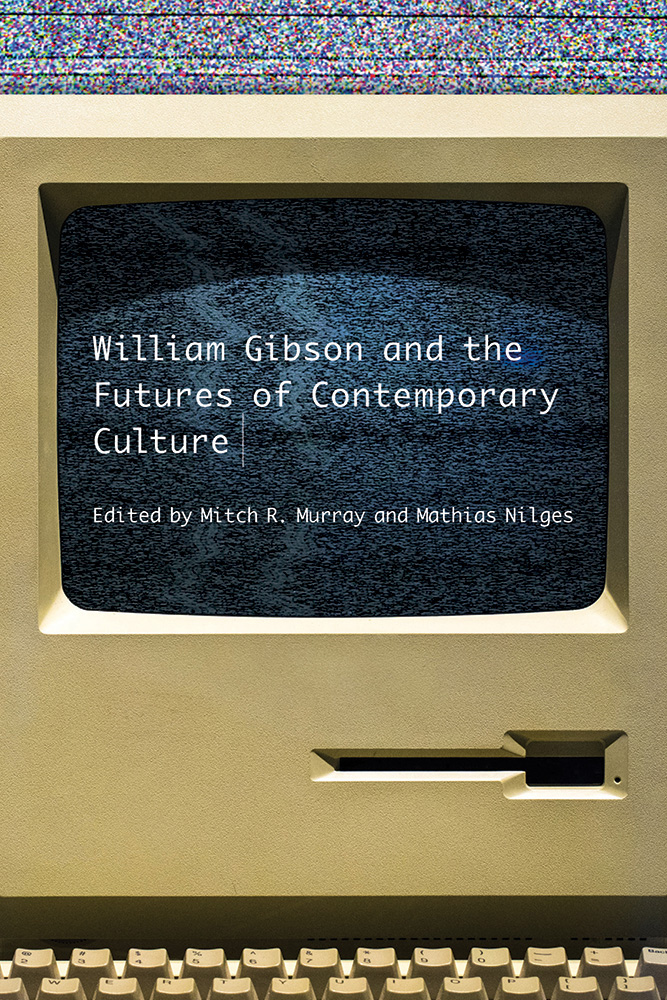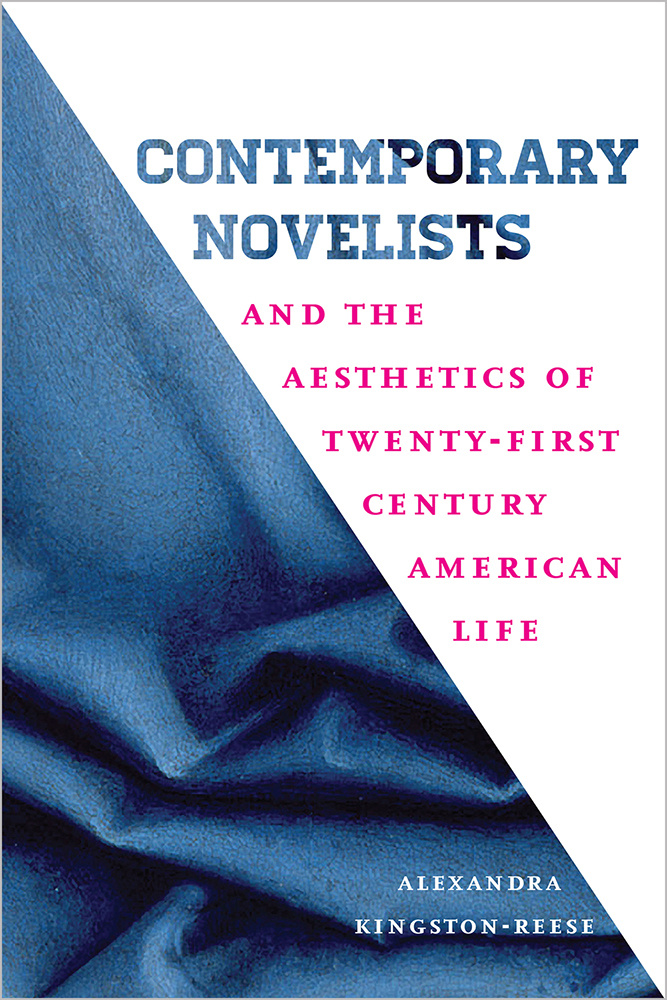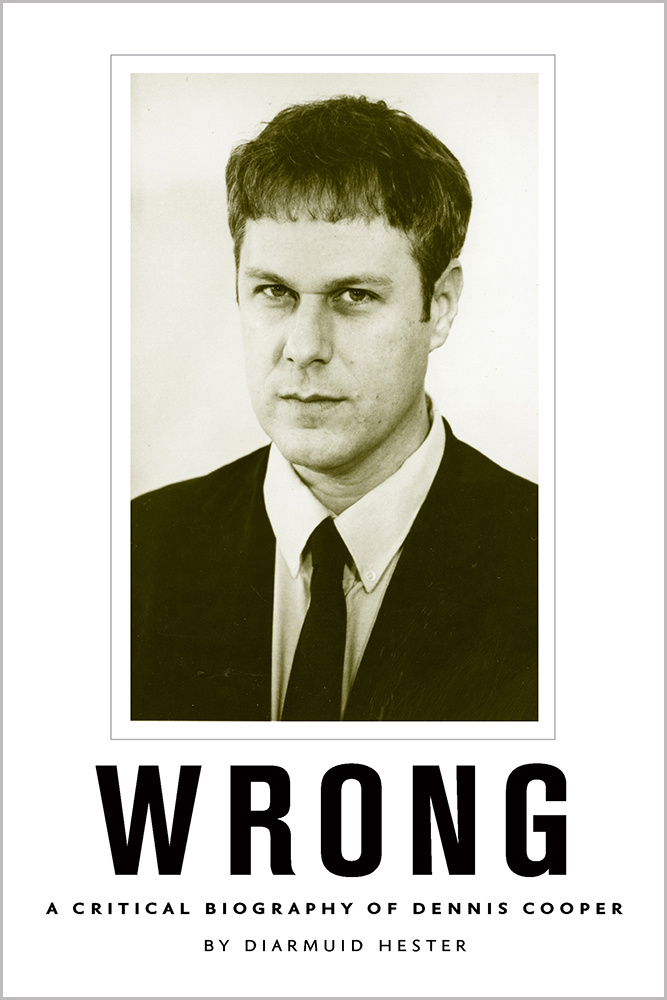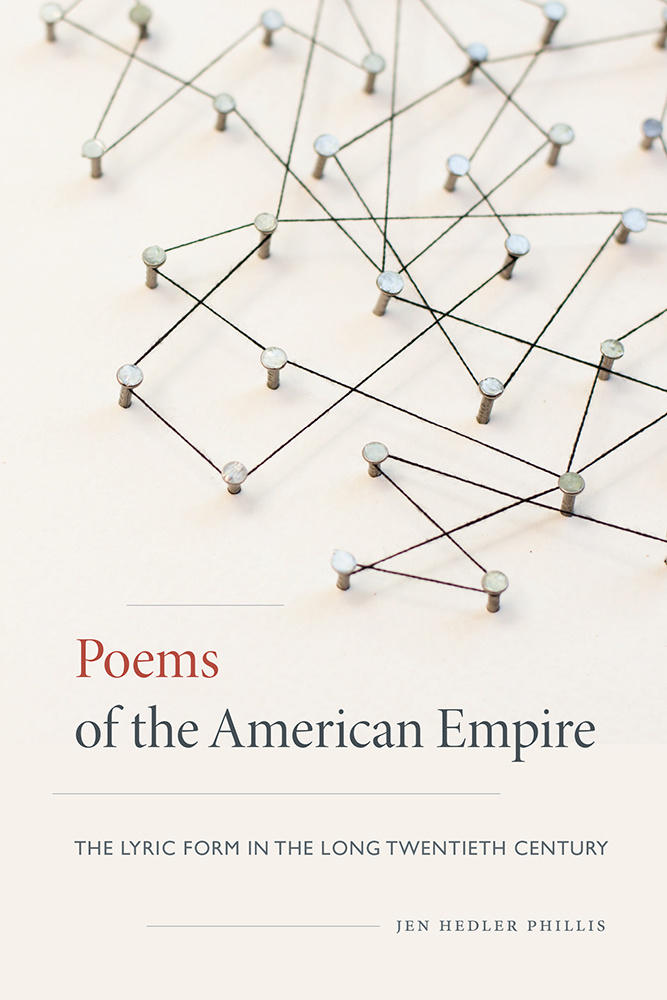William Gibson is frequently described as one of the most influential writers of the past few decades, yet his body of work has only been studied partially and without full recognition of its implications for literature and culture beyond science fiction. It is high time for a book that explores the significance and wide-ranging impact of Gibson’s fiction.
In the 1970s and 80s, Gibson, the “Godfather of Cyberpunk,” rejuvenated science fiction. In groundbreaking works such as Neuromancer, which changed science fiction as we knew it, Gibson provided us with a language and imaginary through which it became possible to make sense of the newly emerging world of globalization and the digital and media age. Ever since, Gibson’s reformulation of science fiction has provided us not just with radically innovative visions of the future but indeed with trenchant analyses of our historical present and of the emergence and exhaustion of possible futures.
“This rich and overdue collection is worthy of its subject. The editors have put together a multi-faceted consideration of Gibson’s writings that focuses, in particular, on motifs of temporality, technology, and futurity. Its chapters expertly locate both Gibson and science fiction within the longue durée of the future-present.”—Veronica Hollinger, editor, Science Fiction Studies
“Knee-deep in the Jackpot, with nothing but a Hermes 2000 portable typewriter, precise observation, and surgical prose, William Gibson, a one-man singularity, somehow made it all new. Nothing now looks the same. This excellent collection returns the favor: Gibson, historicized, is the Gibson we already knew, but the timeline is not what we imagined.”—Mark Bould, University of the West of England, Bristol
“William Gibson is the writer who taught the world that science fiction is the realism of our time, and it’s his books that made that true. A crucial figure in our cultural history, a poet with a good eye for pattern recognition.”—Kim Stanley Robinson, author, The Ministry for the Future
“As an edited collection, [William Gibson and the Futures of Contemporary Culture] achieves impressive breadth and depth, especially into Gibson’s artistic work in the past twenty years or so. Murray and Nilges have done an admirable job in producing a volume that offers something for everyone.”—Esko Suoranta, University of Helsinki, Science Fiction Studies
Maria Alberto, Andrew M. Butler, Amy J. Elias, Christian Haines, Kylie Korsnack, Mathias Nilges, Malka Older, Aron Pease, Lisa Swanstrom, Takayuki Tatsumi, Sherryl Vint, Phillip E. Wegner, Roger Whitson, Charles Yu



